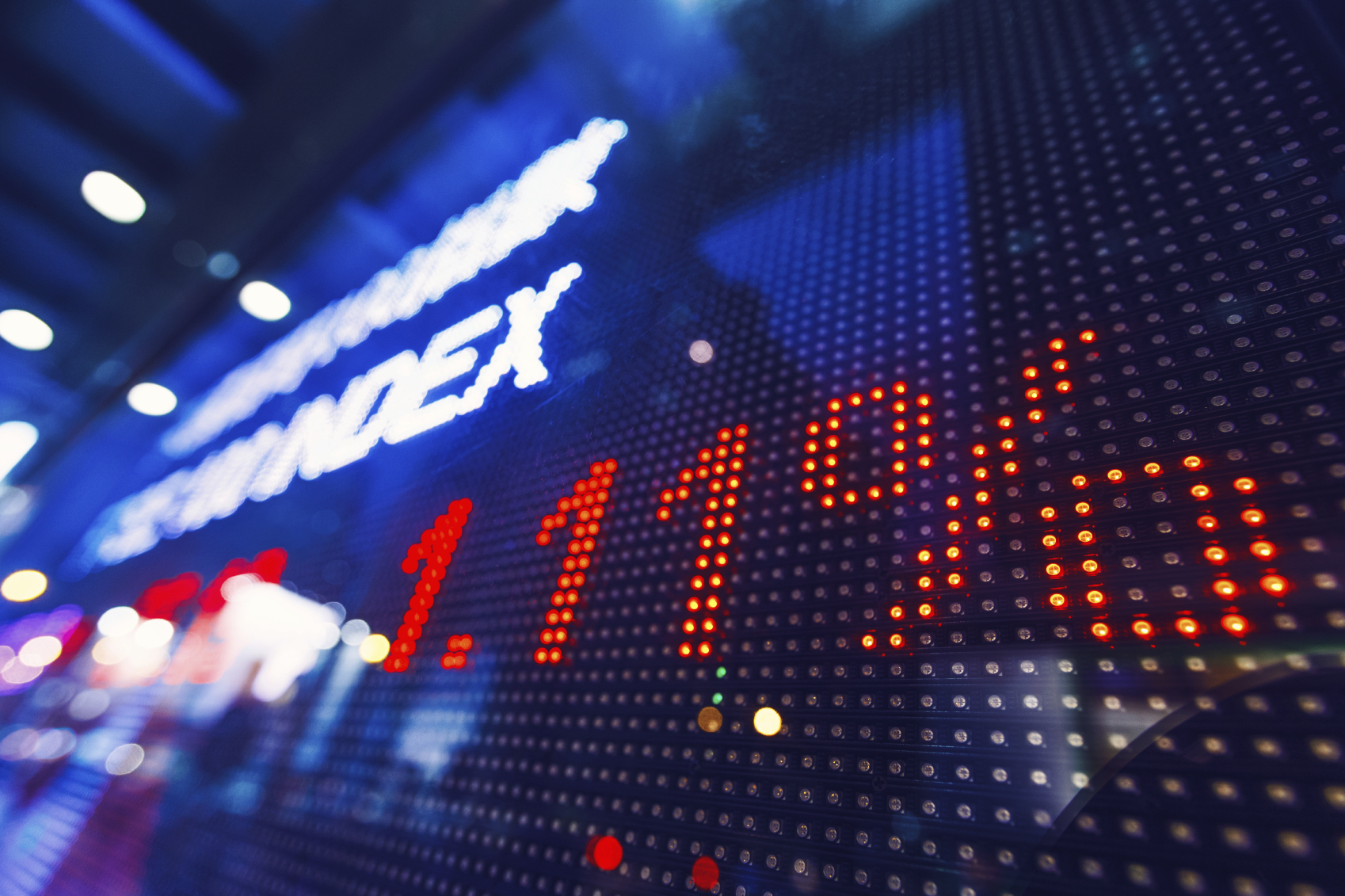Your portfolio isn’t the only thing that suffers in a falling stock market.
Researchers have found that volatile stock prices lead to an increase in heart attacks, hospitalizations, and mental disorders.
Study after study shows how market fluctuations can damage your health:
- Chinese research shows that each 100 point swing in the Shanghai Stock Exchange index corresponds to a 5% increase in heart attack deaths.1,2
- Duke University scientists found a spike in heart attacks during the U.S. stock crash of 2008, according to a study published in the American Journal of Cardiology.3
- After the Black Monday crash in 1987 when the Dow dropped 22%, researchers found that hospital admissions jumped more than 5%.
- Researchers at the University of California, San Diego, found that hospitalizations skyrocket after a stock sell-off. The main causes are panic disorders, anxiety, and depression.4
- Suicide rates more than quadrupled during stock volatility of the recession from 2008 to 2010, according to an international team of researchers.5
- San Diego University researchers found that during the financial crisis of 2008, Google searches for stomach ulcers, headache, chest pain, and arrhythmias more than doubled.6
The market has been on a wild ride lately. Here are five ways to avoid becoming a health statistic:
- Turn off CNBC. And any other hype-prone financial media. TV money programs love to sensationalize market swings. They get ratings by instilling fear that the financial sky is falling. If you refuse to watch, you’ll be calmer.7
- Don’t obsess over your portfolio. In fact, don’t even look at it during a market correction. It’ll stress you out. You may be tempted to sell on the basis of emotion. This is a prescription for losing money… And gaining anxiety.
- Take comfort in this fact: Over time the market ALWAYS goes up. A century ago, the Dow was around 1,300. Now it is around 16,000.
- Eat right. Certain foods and drinks can help your body ward off the effects of stress.8Cashews are high in zinc, which fights anxiety and depression. Wild-caught salmon causes your brain to produce serotonin, a feel-good chemical. Studies show chamomile tea eases anxiety.
- Take a theanine supplement. This natural chemical is found in green and black teas. It helps relax the mind. Aim for about 200 mg per day.9
Don’t let a dip in your stock portfolio send your health into decline. Follow these five simple tips to keep in top shape… No matter what happens on Wall Street.
In Good Health,

Angela Salerno
Publisher, INH Health Watch
Like this Article? Forward this article here or Share on Facebook.
References:
1http://www.ncbi.nlm.nih.gov/pmc/articles/PMC3076666/
2http://www.sciencedaily.com/releases/2014/02/140213220344.htm
3http://www.huffingtonpost.com/chris-wang/is-the-stock-recession-depression_b_4665600.html
4http://rady.ucsd.edu/faculty/directory/engelberg/pub/portfolios/HEALTH.pdf
5http://www.reuters.com/article/us-suicide-economy-idUSL5E8M463M20121105
6http://www.huffingtonpost.com/chris-wang/is-the-stock-recession-depression_b_4665600.html
7http://www.huffingtonpost.com/chris-wang/is-the-stock-recession-depression_b_4665600.html
8http://www.prevention.com/mind-body/emotional-health/13-healthy-foods-that-reduce-stress-and-depression
9http://www.doctoroz.com/article/supplements-fight-stress

